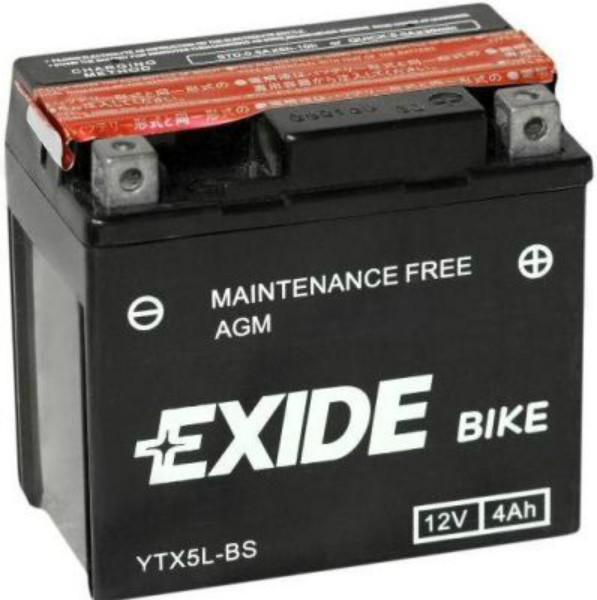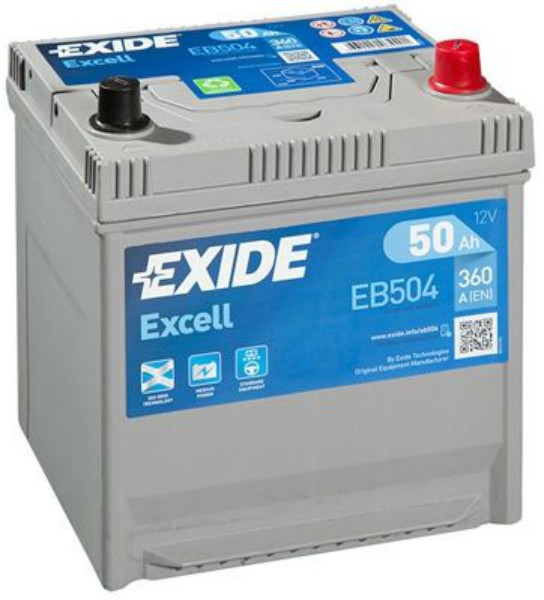How to Choose the Best Car Battery
Car batteries are basically the electrical storage units, which convert chemical to electrical energy. The basics how car batteries work have not really changed much in decades. These batteries are lead-acid design. Electrolyte or acid reacts with lead plates in the battery to generate electricity.
It also takes more power to turn a huge engine than small ones, so the battery has to be rated and sized accordingly. These days, vehicles have more demanding electrical loads from many accessories, computers, and modules and would require batteries with enough power for systems to work properly. Overworking a car battery through installing something that is too small to meet the power demands of the vehicle can cause electrolyte reaction to prematurely fail.
Below are some of the factors that you should take for consideration to choose the right and best car battery:
- Size
It refers to the length, height, and width of the battery. It comes in various group sizes to fit the battery tray of majority of cars. It’s essential that batteries must fit securely and snuggly. Always refer to the user manual of your car manufacturer. You can also consult reference guides that battery retailers provide to know your car’s appropriate battery size. Purchasing wrong-sized batteries would just be a waste of money and could set off more damage to your vehicle
- Brand
It refers to the trademark provided to a particular product. There are times that it’s the same with the name of the manufacturer. Purchasing battery brand specified in your user manual is a great way. However, if that certain brand is very expensive and you like to do cost-cutting, follow specification requirements found in the user’s manual. Never be tempted to purchase the cheapest brand since it might turn as the costliest battery you have ever bought. Cheap batteries can also be loaded with defects and may be poor performers. Frequent battery change entails repeated installation that will absolutely sucks up money you have saved initially if you consider cheap car batteries.

- Reserve Capacity
It refers to the standing power of the battery. It’s the amount of the minutes battery can supply minimum voltage required to run cars if the fan belt or car’s alternator fail. With good reserve capacity rating, your car may run on battery alone if alternator stops working. The battery’s RC rating is listed in minutes. You might not find RC rating on battery for the reason that it isn’t typically listed on the label. If possible, check product literature or you can just ask the store assistant. Just choose the one with long operating time for reserve capacity.
- Age
The battery’s age will give you an idea on how long it must perform. Batteries are considered fresh once they are less than six months old. Search for the manufacturing date. Majority of date codes were stamped on battery label or case.
- CCA or Cold-Cranking Amps
It measures the ability of the battery to start your vehicle even on extremely cold weather. During freezing conditions, your car would be hard to start since the engine oil of the car thickens and chemical reactions slow down. Select a battery with high CCA as it’s much better, especially to the vehicles driven in cold climate.









